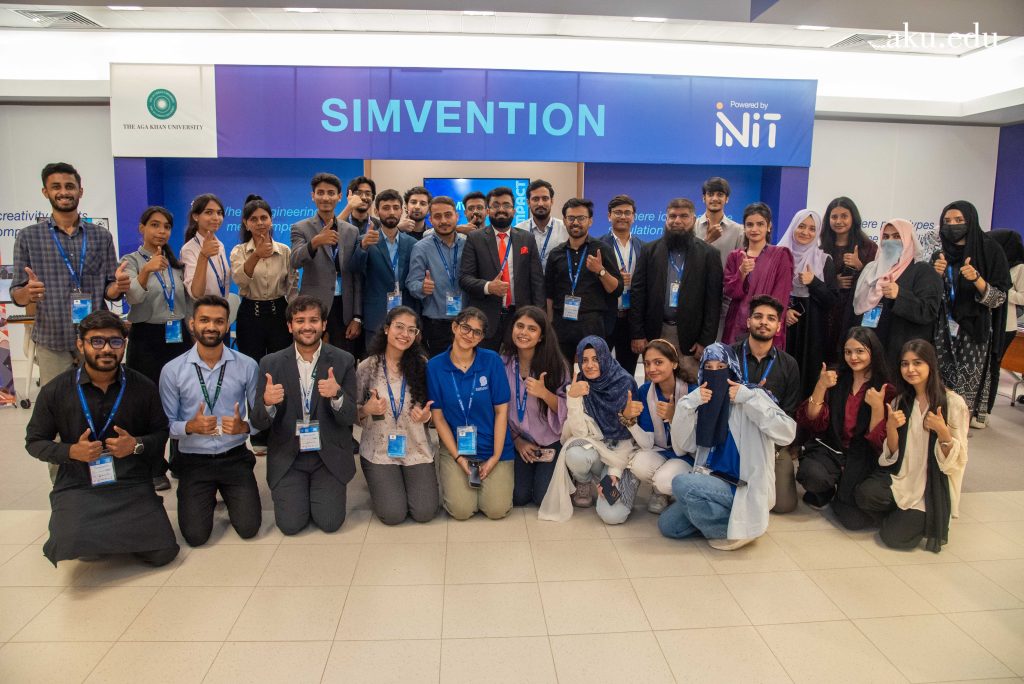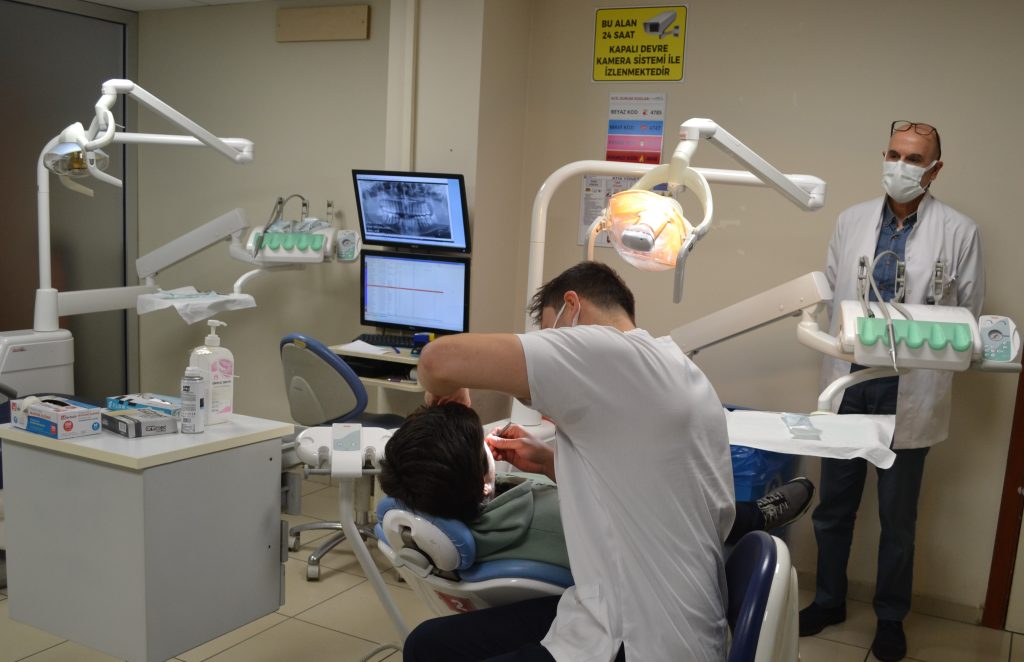Intimidation in research threatens academic integrity and innovation. Fostering psychological safety, mentorship, and constructive feedback can enhance collaboration, ensuring a more inclusive and progressive scientific landscape.
Exclusive partnership with

Essential to the dissemination of knowledge and the advancement of science, academic publishing serves as a landmark of scientific progress, which for healthcare simulation propels evidence-based practice, allowing researchers and educators to explore literature, share findings, advance knowledge, and contribute to their profession. While the process does have its challenges, one major issue that has piqued the interest of other professionals is peer intimidation, which might impact psychological safety among researchers or avert newer researchers from flourishing. Perceived or flagrant intimidation also threatens the integrity of the publication process.
Peer intimidation may manifest itself in various forms, from dismissive attitudes to harsh critiques to more subtle pressures to conform to prevailing paradigms. Such behaviors can stifle innovation, discourage open discourse, and ultimately hinder the advancement of science.
The Impact of Intimidation in Research
Psychological safety in academia (and other education related organizations) cannot be over emphasized. When a lack of safety is present in the science of research, collaboration is reduced considerably, self-censorship may occur, and the quality of research declines. (Fiske, 2015.) Conversely, when researchers feel safe to express their ideas and findings without ridicule or retaliation, they are highly likely to engage and produce more creative and groundbreaking work.
The purpose of this article is to shine light on how academia, professional development, and other organizations can potentially foster an inclusive and collaborative environment which is essential to maintaining integrity of the scientific process and ensuring that it can be a stress free, collaborative and open endeavor.
Strategies to Foster Psychological Safety
Addressing peer intimidation and fostering psychological safety requires a collaborative approach. Encouraging a culture where diverse perspectives are valued not only enhances the quality of research but also strengthens the resilience of academic communities. Further encouraging well-being means individuals must actively set aside tendencies of personal distrust, micromanagement, or overly controlling behaviors, which reduce morale, stifle creativity, and hinder collaborative progress. Research reveals that micromanagement and distrust can lead to high levels of stress and diminished psychological well-being among teams (Edmondson & Lei, 2014). Institutions can benefit from adopting comprehensive strategies that prioritize inclusivity, constructive feedback, and mentorship.
Key initiatives to counteract peer intimidation include structured mentorship programs, professional development (INACSL, 2021) which offer support and constructive advice. Additionally, training sessions focused on respectful peer review practices can educate individuals on the importance of balanced, objective critiques that advance rather than hinder scientific inquiry.
Mentoring (and often coaching) are pivotal. Mentors provide insights into constructive critique, helping mentees interpret feedback objectively and view criticism as a learning tool rather than a personal affront (Smith et al., 2019). Experienced coaching aids in development of coping strategies, encouraging researchers to approach reviews with confidence and assertiveness, which can mitigate intimidation from reviewers (Wiley et al., 2017). Furthermore, supportive mentorship creates a culture of mutual respect and collaboration, which diminishes hierarchical power dynamics that often contribute to intimidation (O’Connor & Joffe, 2013). By reinforcing these positive relational structures, mentoring and coaching foster a safer, more inclusive environment, thereby enhancing the quality and integrity of academic publishing.
Institutions should implement policies that address instances of intimidation promptly and effectively. Clear reporting mechanisms and protective measures for researchers who voice concerns about peer intimidation are crucial to maintaining a positive and safe academic environment.
Beyond policy, promoting open dialogues about psychological safety and peer collegiality within academia can dismantle stigmas and empower researchers to voice concerns or experiences. Conferences and workshops focusing on psychological safety in research could provide forums for discussing challenges and best practices, reinforcing a collective commitment to progress.
Steps to mitigate and eliminate potential harm could be implemented. The first step would be effective communication regarding expectations and outcomes. This enables everyone to understand what the novice and expert require and believe the process of publishing is. Deadlines can be negotiated and suggested. The written communication can serve as a guide and loose contract between the authors.
Ultimately, fostering an environment where researchers feel psychologically safe can pave the way for the production of innovative and impactful work. By actively addressing peer intimidation and advocating for psychological safety, academia and healthcare simulation can build a more robust, collaborative, and forward-thinking research landscape.
References
Edmondson, A. C., & Lei, Z. (2014). Psychological safety: The history, renaissance, and future of an interpersonal construct. Annual Review of Organizational Psychology and Organizational Behavior, 1(1), 23-43.
Fiske, S. T. (2015). Perceived intent motivates people to magnify observed harms. Proceedings of the National Academy of Sciences of the United States of America, 112(12), 3599–3605.
Hallmark, B., Brown, M., Peterson, D. T., Fey, M., Decker, S., Wells-Beede, E., Britt, T., Hardie, L., Shum, C., Arantes, H. P., Charnetski, M., & Morse, C. (2021). Healthcare simulation standards of best practice: Professional development. Clinical Simulation in Nursing, 58, 5–8. https://doi.org/10.1016/j.ecns.2021.08.007
O’Connor, C., & Joffe, H. (2013). Intercoder reliability in qualitative research: Debates and practical guidelines. International Journal of Social Research Methodology, 16(4), 1-18.Wiley, D., Williams, J., & Sprott, T. (2017). The reviewer’s dilemma: Balancing fairness and critical feedback in academic publishing. Ethics & Behavior, 27(6), 480-491.
READ ALSO













































